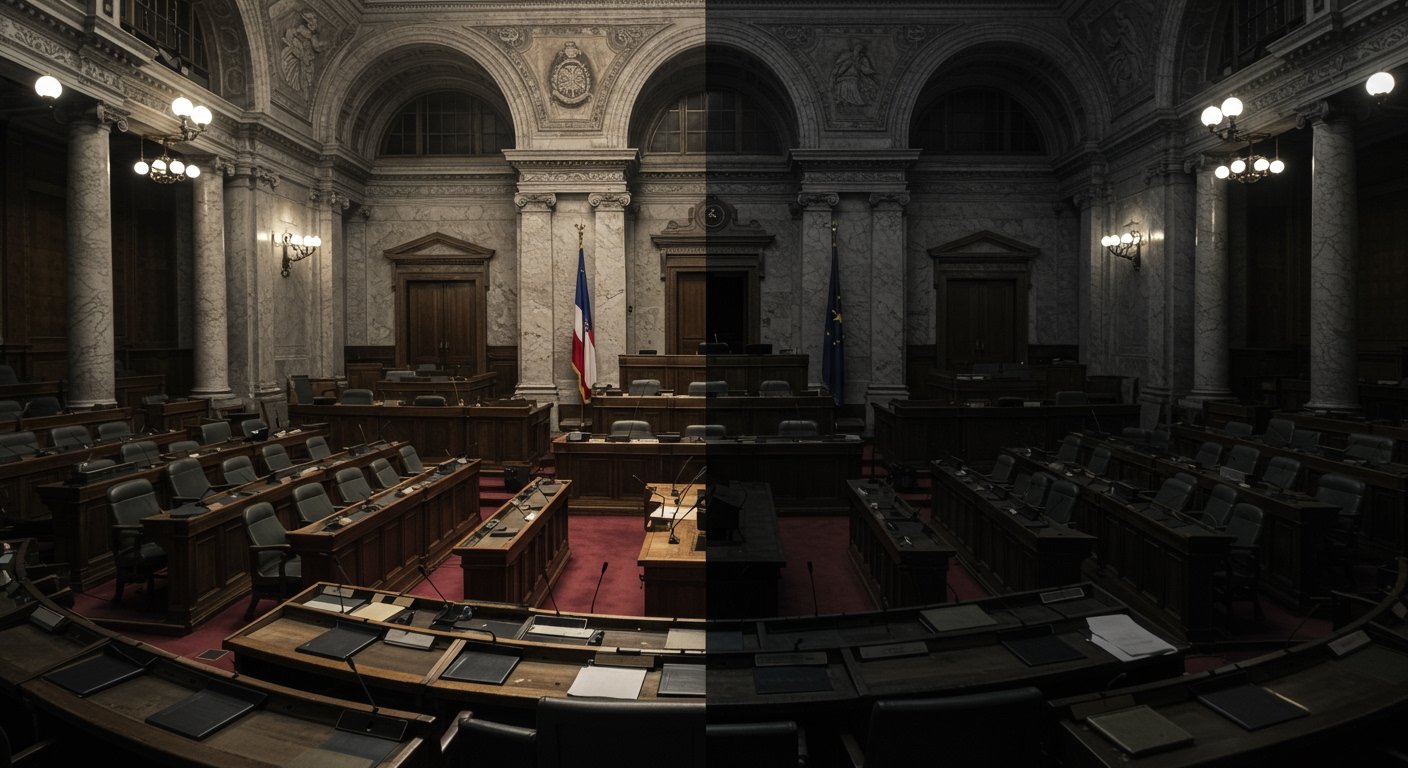An executive order signed in March 2025, titled “Restoring Truth and Sanity to American History,” has drawn scrutiny for specifically targeting the Smithsonian’s National Museum of African American History and Culture (NMAAHC). According to an article by Alecia Jackson published in the Dallas Weekly on May 16, 2025, the order, signed on March 27, accuses the esteemed institution of promoting an “improper ideology.”[3]
The executive order’s focus on the NMAAHC has ignited a debate regarding the presentation and interpretation of history within national institutions. The museum, which opened in 2016, holds a unique position within the Smithsonian network, dedicated solely to the documentation of African American life, history, and culture. Its collections and exhibitions span centuries, from the transatlantic slave trade through the Civil Rights Movement and into the present day, aiming to provide a comprehensive narrative of the Black experience in America and its integral role in shaping the nation.
The Dallas Weekly article argues that the executive order represents a significant threat to the truthful telling of Black history in the United States. Alecia Jackson’s report suggests that by labeling the NMAAHC’s approach as promoting an “improper ideology,” the administration risks undermining the very foundation of how the nation understands its past. The museum’s mission is broadly seen by its supporters as essential to a complete and accurate understanding of American history, recognizing that the story of the United States cannot be told without fully acknowledging the experiences, contributions, and struggles of African Americans.
The Argument for Integrated History
The core of the critique presented in the Dallas Weekly piece centers on the belief that Black history is not a separate or peripheral subject, but rather fundamental to American identity itself. The article emphasizes that understanding the historical trajectory of African Americans – including periods of enslavement, segregation, struggle for civil rights, and significant cultural and intellectual contributions – is crucial for comprehending the nation’s social, political, and economic development.
According to the analysis by Alecia Jackson, any attempt to marginalize or reinterpret this history through the lens of an executive order risks distorting the national narrative. The article posits that such actions could hinder the public’s ability to grasp the complexities and nuances of the American story, which is inherently intertwined with the experiences of all its diverse populations.
Principles of Historical Education
The Dallas Weekly article strongly advocates for teaching history with a set of guiding principles. These principles, as highlighted in the May 16, 2025, report, include integrity, truth, justice, harmony, balance, order, righteousness, and reciprocity. The author argues that these values are essential for an educational framework that accurately reflects the past and fosters a comprehensive understanding among students and the public.
Teaching history with integrity means adhering to factual accuracy and resisting political pressures that seek to shape narratives for present-day agendas. Truth demands confronting difficult aspects of the past, including injustices. Justice involves acknowledging past wrongs and their lasting impact. Harmony and balance suggest presenting a multifaceted view that incorporates diverse perspectives and experiences. Order and righteousness imply a moral framework for evaluating historical events, while reciprocity speaks to the interconnectedness of different historical narratives and the importance of mutual understanding.
The Significance of All People’s History
A central assertion within the critique of the executive order is that all people’s history matters. This point is not made to diminish the focus on Black history but to reinforce the idea that a nation’s history is a composite of the experiences of all its inhabitants. By specifically focusing on the NMAAHC, the executive order is seen, according to the Dallas Weekly report, as potentially isolating or questioning the validity of a history that is crucial for a holistic national understanding.
The article underscores that recognizing the importance of Black history is not about elevating one group’s story above others, but about ensuring that a foundational element of the American experience is accurately and respectfully represented. The NMAAHC serves as a vital repository and educational institution for this purpose, offering insights that are indispensable for both African Americans seeking to connect with their heritage and for all Americans seeking a fuller picture of their shared national past.
Looking Ahead
The executive order “Restoring Truth and Sanity to American History,” signed on March 27, 2025, and its specific targeting of the NMAAHC, as detailed in the May 16, 2025, Dallas Weekly article by Alecia Jackson, highlight ongoing tensions surrounding the interpretation and presentation of American history in public institutions. Critics, as represented by the article, view the order as a move that could potentially undermine the truthful representation of Black history, which they argue is vital to national identity and understanding. The debate underscores the significant role museums like the NMAAHC play in shaping collective memory and the ongoing importance of teaching history with integrity, truth, and a recognition that the histories of all people are integral to the American story.













